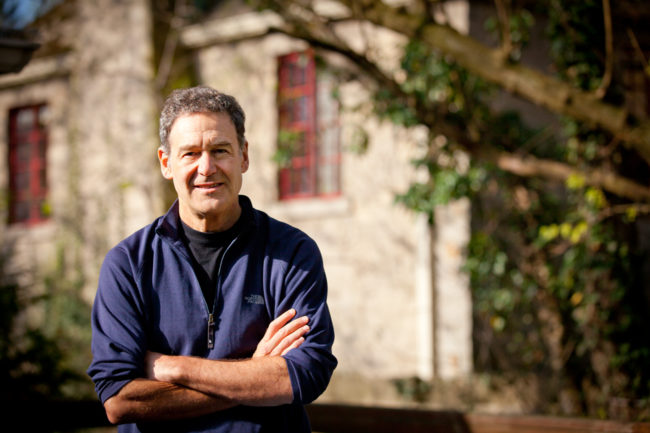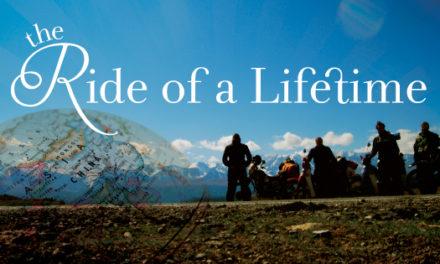
by MICHAEL HAMBURGER
Over the course of the past half-year, I’ve followed the news of the coronavirus pandemic with fascination and a growing sense of déjà vu. As a geophysicist, I have spent my career pondering the powerful processes that produce earthquakes and related natural disasters—and their devastating human impact. While our current public health crisis wouldn’t meet the strict definition of a natural disaster, the coronavirus pandemic has followed many of the familiar patterns of the phenomena I study.
It echoes observations of the 2010 earthquake in Haiti, where decades of neglected infrastructure and poor governance elicited devastating human consequences. It reminds me of Hurricane Katrina, where the storm’s impacts were selectively shouldered by the poorest, most vulnerable, and most neglected members of society.
And it evokes the story of typhoons in Bangladesh and rising seas in the South Pacific, where innocent residents of low- lying coastal areas have been turned into environmental refugees.
Yet there is something new about the trajectory of this pandemic that distinguishes it from the regional and sudden-impact events I study. Its gradual development and global effect—with impacts taking shape country by country over the course of months—has sometimes been characterized as a “slow-motion natural disaster.” Viewed from a broad perspective, we might see the current crisis less as a natural disaster than as a cautionary tale for an even larger-scale global disaster looming on the horizon: anthropogenic climate change.
Like COVID-19, climate change is a now a global threat, already affecting every country on Earth. Climate change won’t be contained at our national borders, either by walls or presidential fiat. And, as we have gradually learned, no city or town, no state or country, whether governed by Democrats or Republicans, can be cordoned off from the pandemic.
Nature, like the coronavirus, will not respond to bluster and obfuscation, to denial of scientific evidence, nor to slapdash policies constructed in haste. And as with COVID-19, countries that have contributed little to it will have their futures crippled by the effects of climate change. At the time of this writing, with California wildfires raging and hurricanes striking the Gulf Coast, we’re reminded that the pandemic and climate change act as “threat multipliers”—increasing the risks and crippling recovery efforts.
Let me propose, then, that the future of our global civilization hinges on the political decisions we make today. The climate emergency will demand the most extreme collective efforts—by individuals, communities, and all the world’s governments—to “flatten the curve” of environmental destruction. In that sense, I would urge us to see COVID-19 not as a slow-motion disaster but as a dress rehearsal for the havoc that climate change, if we do not find ways to mitigate it, will wreak on our planet.
But here’s the silver lining: We can—indeed, we must—apply the lessons from our experience with the coronavirus pandemic to prepare for the looming climate disaster. We can heed the scientific evidence for climate change and harness our creative energy to address its impacts. We can find ways to build a robust economy, resting not on the destruction of our civilization’s life-support systems but guided by the twin principles of sustainability and resilience. We can leverage the contributions of individuals, governments, and the private sector to flatten the curve of climate change. Here in Indiana, we can create local solutions to prepare to respond effectively to the local challenges of climate change. But there are two things we need to do immediately: first, let your candidates know that you are a climate-voter. And second … get out and use your vote!
Michael Hamburger is a professor of Earth and Atmospheric Sciences at Indiana University, whose research focuses on earthquakes and related natural hazards. He is one of the leaders of Concerned Scientists @ IU, a community organization dedicated to the effective use of science in public policy.










